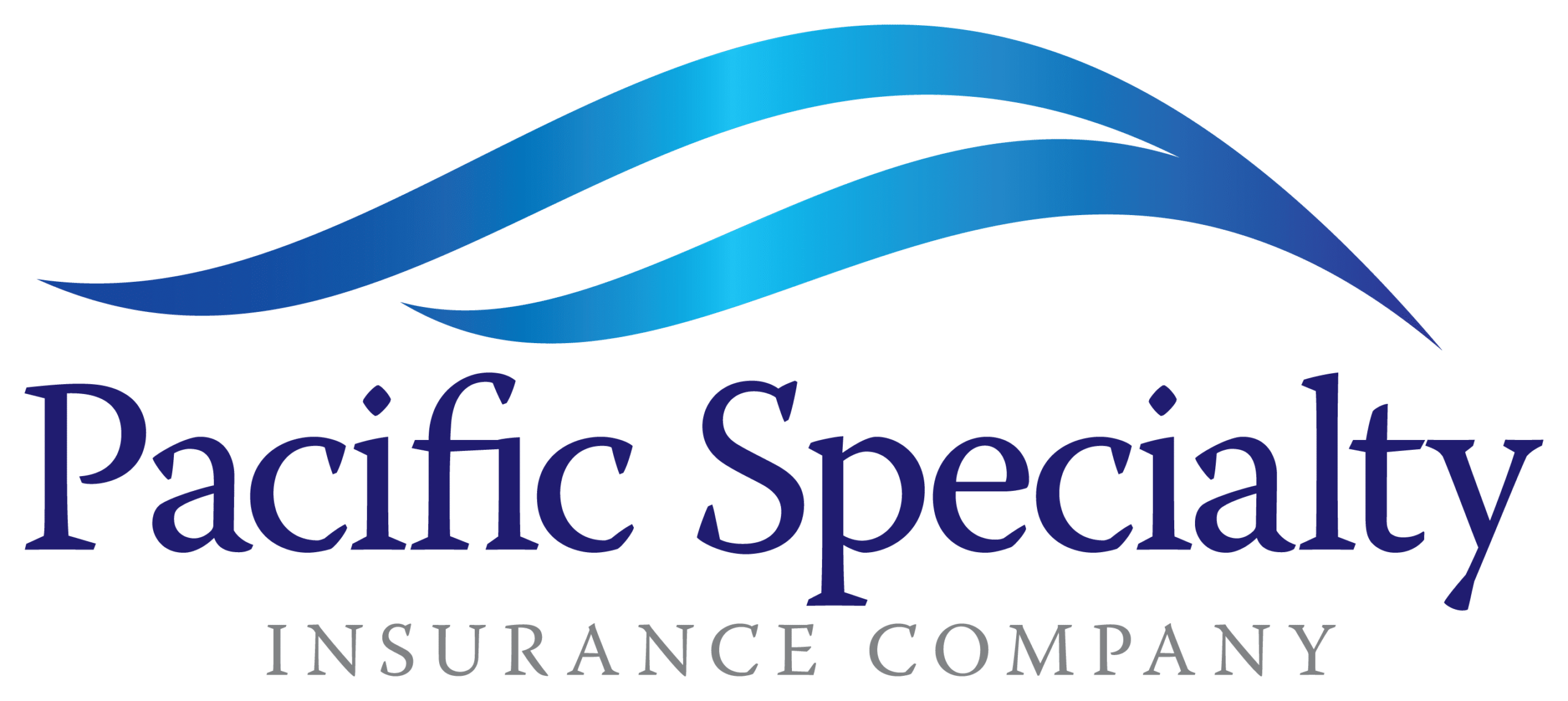Convertible Term vs. Renewable Term

When it comes to life insurance, selecting the right type of policy can be a daunting task. Two popular options are convertible term life insurance and renewable term life insurance. Each has its own set of advantages and disadvantages, making them suitable for different situations. Let’s dive into the specifics to help you make an informed decision.
What is Convertible Term Life Insurance?
Convertible term life insurance is a type of term policy that gives you the option to convert it into a permanent life insurance policy later on, without requiring a medical exam. This option can be particularly valuable if your health declines over time or if you decide you want lifelong coverage.
Advantages:
- Flexibility: Easily convert to a permanent policy without a medical exam.
- Long-Term Security: Permanent policies offer lifelong coverage and can accumulate cash value.
- Predictable Premiums: Once converted, you lock in level premiums for the duration of the permanent policy.
Disadvantages:
- Higher Premiums After Conversion: Permanent policies are typically more expensive than term policies.
- Complexity: Understanding the conversion options and terms of the new policy can be complicated.
What is Renewable Term Life Insurance?
Renewable term life insurance allows you to renew your term policy at the end of its term without undergoing a medical exam, usually on an annual basis. This type of policy is ideal for those needing coverage for a specific period, such as until a mortgage is paid off or children become financially independent.
Advantages:
- Simplicity: Renew your policy without a medical exam.
- Initial Low Cost: Term policies generally have lower premiums compared to permanent ones.
- Short-Term Coverage: Perfect for covering specific, temporary needs.
Disadvantages:
- Increasing Premiums: Premiums increase with each renewal as you age, which can become expensive over time.
- No Cash Value: Renewable term policies do not accumulate cash value.
Considerations for Choosing
When deciding between convertible and renewable term life insurance, consider the following:
- Your Health: If you are currently healthy but worried about future health issues, a convertible term policy might be beneficial for securing long-term coverage.
- Financial Goals: For lifelong coverage and the benefits of a cash value component, consider convertible term insurance. If your need is temporary, renewable term insurance might suffice.
- Budget: Evaluate your current and future financial situation. Convertible term insurance may have higher long-term costs, while renewable term insurance could be more budget-friendly initially but expensive later.
- Long-Term Planning: Consider how your insurance needs might change over time. Convertible policies offer flexibility to adjust as your circumstances evolve.
Conclusion
Embrace the advantage
Be the first to receive exclusive news, tips, and discounts straight to your inbox. Don't worry, we don't spam.
Get Started Today!














